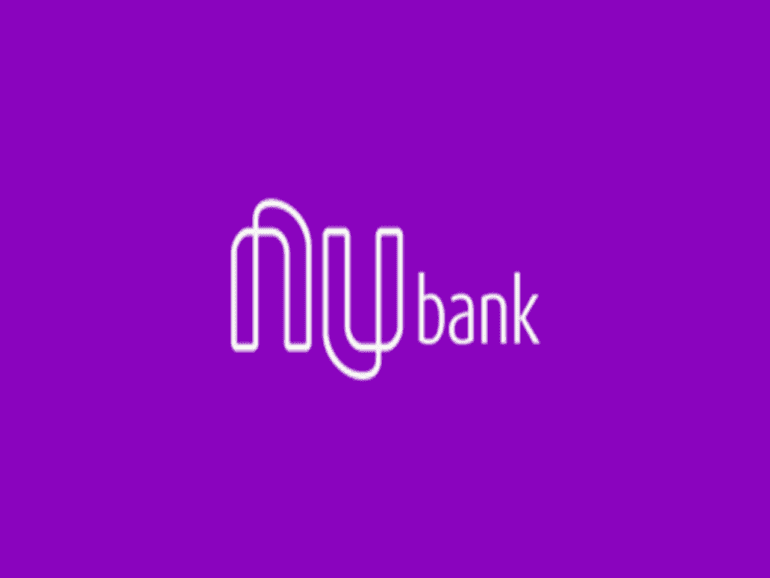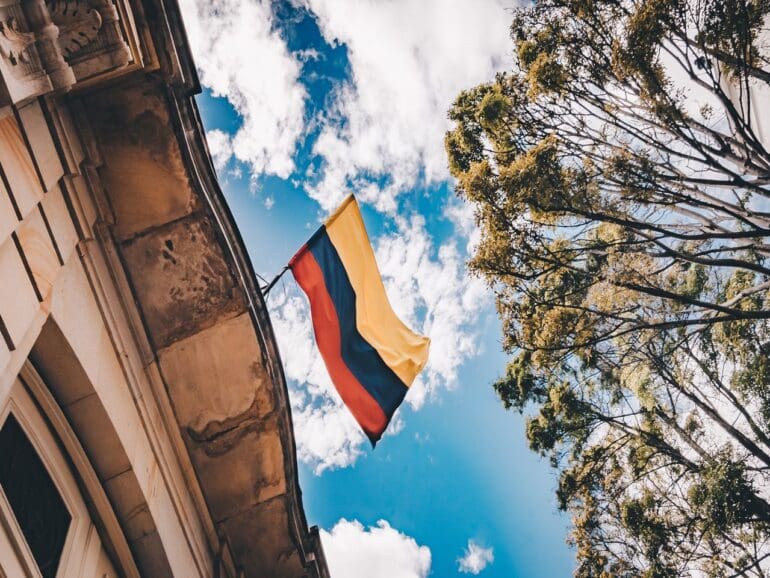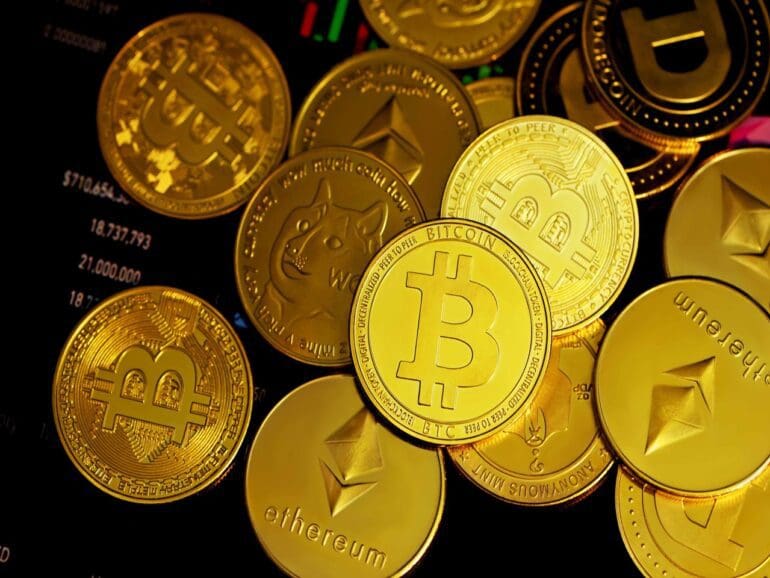Nomad, which offers dollar accounts to Brazilians, will now allow its customers to pay in installments for purchases made abroad.
JoinedJun. 9, 2022
Articles219
David is a Latin American journalist. He reports regularly on the region for global news organizations such as The Washington Post, The New York Times, The Financial Times, and Americas Quarterly.
He has worked for S&P Global Market Intelligence as a LatAm financial reporter and has built expertise on fintech and market trends in the region.
He lives in Buenos Aires.
Digital banks in Brazil are finally making inroads into one of the most competitive and highly profitable credit markets in the world.
The central bank of Argentina surprised fintechs this month with a crypto ban which forbades neobanks from offering trading services.
Despite high interest rates and risks of a reccesion, many BNPL fintech providers now vie to offer loans to the underbanked in Mexico.
Nubank, the largest neobank in Latin America, nearly doubled its revenue in the first quarter to $1.6 billion, up 87% year-over-year.
Several of the largest fintechs in Mexico have plans to step up loans to small and medium-sized businesses in the country.
Chile's fintech Migrante to acquire a motorcycle loan startuup in Colombia. It also changed its name to Galgo, or "greyhound" in Spanish.
More than a year after it would expand to Latam, British neobank Revolut has officially launched in Brazil with its global account product.
Latam regulators show growing interest in the technology that powers cryptocurrencies. Brazil is to begin pilot tests for its CBDC this month.
Belvo will provide access to employment data at the Mexican Social Welfare bureau. It could be a key driver for lending to the underbanked.











